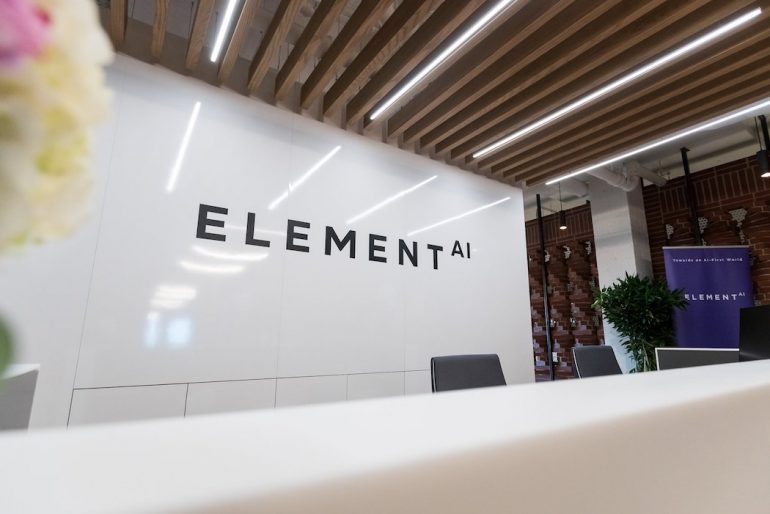Montreal-based startup Element AI and PemPem have announced a collaboration aimed to increase accountability and sustainability in the Indonesian palm oil industry through data collection and management.
Element AI’s Document Intelligence platform will be integrated into PemPem’s mobile-based enterprise resource planning technology for paper-based and informal supply chains, which offers cloud-based data collection and management in emerging commodity markets.
“There is a real opportunity to combine the latest and most innovative AI technologies to integrate and evolve traditional ways business has been done”
In 2018, the estimated value of the total exports from Indonesia’s palm oil industry were $17.9 billion (US), with an export volume of 29.3 million tons, making it the world’s leading producer and exporter of palm oil. That same year Indonesia was listed as the 10th largest CO2 emitter worldwide. The palm oil industry has been linked to climate change due to the burning of peat soils for oil palms, which releases greenhouse gases and causes smog.
According to Element AI and PemPem, Indonesian palm fruit traders (farmers, transporters, aggregators, and processors) historically have worked with inaccurate harvesting, market-sales, and income histories, while trade has been largely undocumented. They also claimed that workers earnings have been managed through word-of-mouth processes, resulting in challenges in obtaining access to basic banking services and the ability to build credit histories.
As part of the Element AI, PemPem partnership, workers will take photos, using smartphones, of the paper receipts they obtain from buyers and upload them onto the PemPem App, which uses Element AI’s Document Intelligence to extract and verify the information.
PemPem’s platform then cross-checks and correlates the amounts with the data extracted from the receipt to ensure accurate historical records and create accurate earning ledgers. This assists in the digitization of information related to the origin and volume of palm oil trading.
Element AI and PemPem state this will lead to greater accountability and sustainability within the supply chain and claim that it will help reduce the effects of the industry on climate change.
The collaboration is one of 65 projects that received funding from Prompt, a non-profit organization mandated by Quebec’s Ministry of Economic Development, Innovation and Export Trade. Prompt funds up to 50 percent of projects’ total value, covering all ICT sub-sectors including artificial intelligence, cybersecurity, quantum computing, and sustainable mobility.
RELATED: Canada punches above its weight with AI researchers in new Element AI Report
“AI is not created just for major global organizations,” said Jean-François Gagné, CEO and founder of Element AI. “It’s easy to see how the application of these powerful solutions and tools developed by PemPem are being applied beyond industrial, market-driven applications to offer the benefits of AI, once considered out of reach to traditional markets like the Indonesian palm oil industry.”
The announcement builds on Element AI’s history of launching platforms designed to assist companies manage information. In January, the startup launched Access Governor, which analyzes, recommends, and manages the most appropriate information and location access rights for large groups of employees. The product, which pulls historical data from the end-user, helps IT teams quickly authorize or revoke employee access and accounts, meant to create a safer, more orderly organization. In March, it launched a free platform in beta aimed to help scientific researchers, public health authorities, and frontline workers find solutions and patterns in COVID-19 research papers.
“By integrating the Element AI Document Intelligence data-extraction technology into our platform, much needed technical solutions can serve everyday problems, and improve the quality of life for Indonesian micro-firms, provide increased supply chain traceability, and help combat climate change,” said Joann de Zegher, founding president of PemPem. “For these emerging markets, there is a real opportunity to combine the latest and most innovative AI technologies to integrate and evolve traditional ways business has been done.”
Image source Element AI via Facebook


